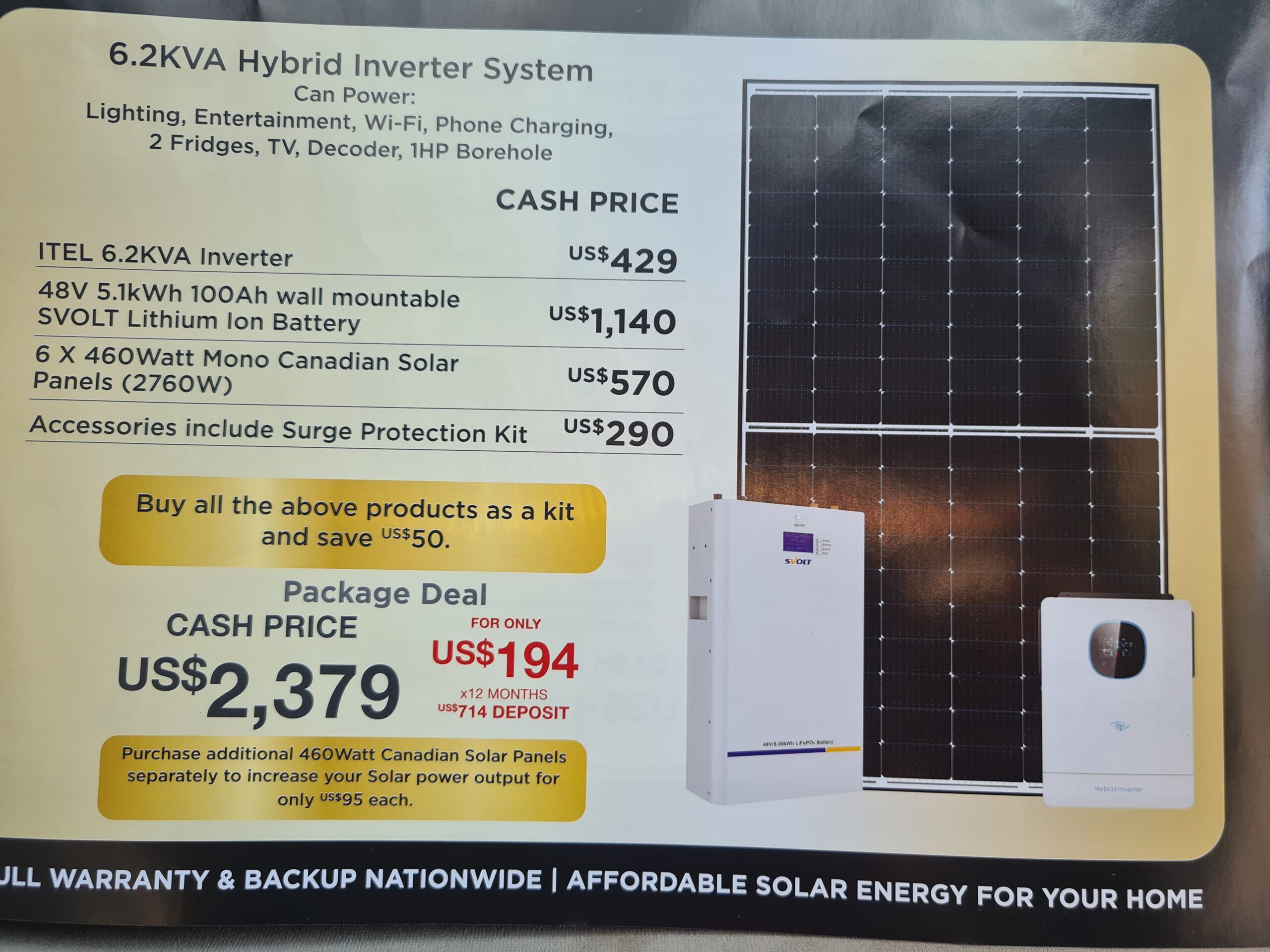Sign up for daily news updates from CleanTechnica on email. Or follow us on Google News!
Any pundits and politicians predicting a quick, painful end to the electric vehicle trend are in for another disappointment. Ford Motor Company issued its mid-year sales report this week. To the surprise of no-one who is actually counting, EV sales are up. There is one surprise, though, and it has something to do with Ford CEO Jim Farley’s widely reported hopes for a small car renaissance in the US.
Ford Is Drawing New Customers To 100% Electric Vehicles
For legacy carmakers like Ford, non-electric vehicles are still the meat and potatoes of revenue. Massive technology turnovers can take decades. Still, the pace of electrification needs to pick up, and so far this year’s news from Ford and other electric vehicle makers is encouraging.
Ford said as much in its mid-year report, leading off with the observation that the company’s “exciting and differentiated U.S. product lineup is resonating with customers, evidenced by second-quarter sales gains across trucks, vans, hybrid and electric vehicles, and Lincoln.”
Ford is particularly happy to point out that it is now the #2 electric vehicle brand in the US.
“Electric vehicle sales increased 61 percent in the second quarter with 23,957 sold and are up 72 percent for the year,” the company enthused. “With 44,180 total EVs sold for the first half of the year, Ford brand electric vehicles trail only Tesla.”
Electric Vehicles for Performance, Sport, & Practical Applications
Of particular note, Ford states that its electric vehicle lineup is drawing customers from other brands. Sales of the Mustang Mach-E are up 58% as of mid-year, for example, with 54% of that coming from buyers who are new to the Ford brand. “Year-to-date sales represent Mustang Mach-E’s best performance since launch,” Ford observed. The company has also been emphasizing hands-on performance in its Mach-E sales pitch, rather than following Tesla’s lead of focusing on “self-driving” features.
Ford has been shining the media spotlight on its F-150 Lightning electric pickup truck, too, so let’s skip over that and take a look at the lesser known Ford E-Transit all-purpose van.
The E-Transit launched in 2022 right around the time Ford unveiled the Mustang Mach-E, so it kind of got lost in the publicity. After all, how exciting is a commercial van?
Well, Ford is certainly excited. “The Ford E-Transit was America’s best-selling electric van with total first half sales of 6,301, more than double the amount sold during the first half of 2023,” Ford reported on July 3.
“During Q2, E-Transit sales were up 96 percent. This represents E-Transit’s best quarterly sales since its debut in 2022,” the company added.
The E-Transit is the zero emission version of Ford’s Transit van, which has been popular in Europe for years. In an indication that customers are satisfied with the electric iteration, Ford notes that ¾ of E-Transit sales in 2024 came from previous customers.
The E-Transit is also on the US Postal Service’s fleet electrification wish list, which should give its sales record another shot of adrenaline.
Smaller Electric Vehicles For The US Market, Or Not
As widely reported in The Guardian and elsewhere, Ford CEO Jim Farley recently remarked that it is “super important for our society and for EV adoption” to step back from the cliff of huge monster cars, despite the driving public’s love of big cars (himself included).
On July 3, CleanTechnica’s Steve Hanley also took note of a CNBC interview in which Farley explained that larger electric vehicles won’t turn a profit with those honking big EV batteries in tow. According to Farley, smaller, more affordable vehicles will be the profit-makers — if enough people want to buy them.
Interesting! Isn’t a crack team of Ford engineers rumored to be secretly/not so secretly working on a small, affordable EV?
We’ll see how that goes. When Farley mentioned “important for our society,” he may have also been referring to a study from the Electric Power Research Institute (EPRI) titled “Valuing Improvements in Electric Vehicle Efficiency,” which makes the case for lighter, more efficient EVs to avoid overloading the nation’s power generation capacity.
In the meantime, there have been some signs that interest in smaller electric vehicles is stirring among US car buyers. If you’re thinking the new INSTER EV from Hyundai is on the menu, unfortunately, the US market is not part of the plan. However, the US startup TELO is launching a mini electric pickup truck that could fit the bill.
Pickup Trucks & Hybrid Electric Vehicles
Hybrid electric vehicles have been one of the big topics of conversation this year. They were almost written off a while back, but for some reason people still love them. Ford loves them, too, reporting a 56% increase in sales overall for its hybrid roster, with the mid-sized Maverick pickup truck in the lead at 40,420 in sales for the first six months of this year.
“Approximately 60 percent of all Maverick Hybrid customers come from other brands,” Ford notes, continuing the theme of drawing business away from the competition.
And, here comes the surprise. Jim Farley’s yearning for smaller cars aside, the Maverick is appealing in the opposite direction. Ford reported that many Maverick buyers this year are trading in small SUVs and compact sedans.
Also of interest is the Maverick’s appeal to women. Based on registration data, the Maverick “is the top choice among female consumers in the midsize pickup segment,” Ford observes.
Solarizing The Hybrid Electric Vehicle
What do you think this means? If you have any thoughts about it, drop a note in the comment thread. Meanwhile, consider that the percentage of women starting their own businesses is on the rise, and California is a small business-friendly state. Could that partly explain the uptick in the popularity of mid-sized pickup trucks? The gig economy may also factor in, as income earners seek vehicles that can do double duty for household and commercial use.
As for the zero emission angle, that depends on the driving habits of the owner. Idling the vehicle at work sites, for example, would shave down the emission-cutting benefit of owning a hybrid electric vehicle.
On the plus side, back in 2022, CleanTechnica took note of the North American firm Worksport, which unveiled its new Solis tonneau cover made with solar panels, along with its Cor battery system for portable, zero emission electricity. In effect, the pickup truck becomes a mobile solar power plant.
Earlier this year the company announced that solar panel and battery duo will be available for use on light pickup trucks manufactured by Ford and other leading automakers. If you’re interested, check out the pre-order information here.
Follow me @tinamcasey on Bluesky, Threads, Instagram, and LinkedIn.
Photo (cropped): Ford’s electric vehicle lineup is outperforming itself in 2024, with the all-electric Mustang Mach-E (shown here in GT version), F-150 Lightening, and E-Transit van gaining popularity alongside the Maverick hybrid electric pickup truck (courtesy of Ford Motor Company).
Have a tip for CleanTechnica? Want to advertise? Want to suggest a guest for our CleanTech Talk podcast? Contact us here.
Latest CleanTechnica.TV Videos
CleanTechnica uses affiliate links. See our policy here.
CleanTechnica’s Comment Policy





